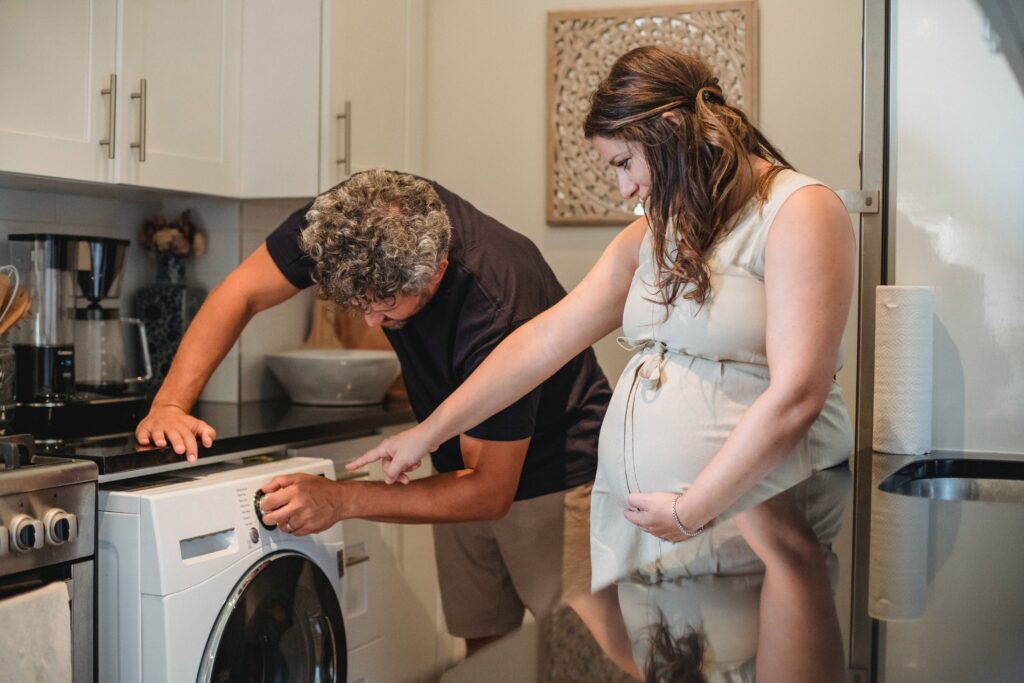Using rainwater for household purposes might seem like a sustainable and cost-effective idea. It’s free, lacks the hardness of tap water, and seems like a great way to reduce your utility bills and extend the life of your washing machine. However, despite these apparent benefits, washing your laundry with rainwater might not be the best idea. Let’s delve into why this practice is often discouraged and explore safer alternatives.

Risks of Using Rainwater for Laundry
Rainwater is, by nature, untreated and can accumulate various pollutants as it falls from the sky. It’s primarily collected from roofs, which means it can carry dust, bacteria, and other contaminants along the way.
Impact of Environmental Pollutants
If you live in a heavily polluted area or near agricultural operations, your collected rainwater may contain pesticides and other harmful components. These substances can be detrimental not only to your health but also to the environment when released back into the water system after laundering.
Health Concerns with Rainwater Laundry
Washing laundry for people with allergies, sensitivities, or for young children using rainwater is strongly discouraged unless you have a highly effective water purification system. The presence of bacteria and other pollutants in rainwater can aggravate health conditions and pose risks, especially to vulnerable individuals.
Benefits of Rainwater for Other Purposes
While using rainwater for laundry has its downsides, collecting and using it for other purposes is a great idea. Rainwater is an excellent alternative to tap water for watering your garden, cleaning vehicles, or even for flushing toilets. It’s a sustainable way to conserve water and reduce your ecological footprint.
Understanding Water Quality and Safety
It’s essential to understand the quality of rainwater and its safety for various uses. Rainwater’s lack of treatment means it doesn’t go through the same purification processes as municipal water. As such, its use in applications where purity and cleanliness are paramount, like laundry, may not be advisable.
Alternatives to Rainwater for Laundry
For laundry, it’s safer to use treated tap water, which undergoes rigorous testing and treatment to ensure it’s free from harmful bacteria and chemicals. If you’re concerned about the environmental impact, consider using eco-friendly laundry detergents and energy-efficient washing machines.
Installing a Rainwater Collection System
If you’re interested in collecting rainwater for sustainable usage, installing a proper rainwater collection system is crucial. This system can be designed to filter out large debris and contaminants, making the water suitable for non-potable uses.
Conclusion
While rainwater can be a fantastic, eco-friendly resource for many household tasks, its use in laundry requires careful consideration. Understanding the risks and potential health implications is crucial. However, with proper treatment and for the right purposes, rainwater can be an invaluable asset in conserving water and promoting sustainability in your home.

 Open Immovlan
Open Immovlan